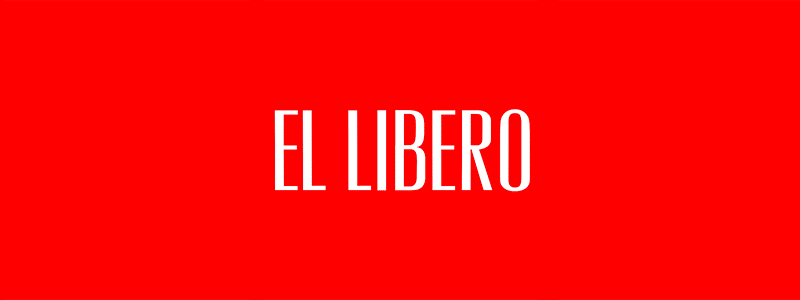Market dynamics are becoming increasingly complex, and in this context, it is necessary for companies to implement due diligence procedures for suppliers. These procedures are oriented to know and investigate the behavior of a person, natural or legal, prior to establishing any type of contractual relationship, in order to identify and mitigate risks that may arise from these operations.
Due diligence procedures have become more and more frequent and have even come to be understood as an essential activity in the development of business. However, and notwithstanding their general acceptance in terms of contracting with suppliers, the analysis of the elements that must be considered for an effective implementation is a subject that is usually relegated to a “compliance for compliance’s sake” activity.
Both international organizations and local good practices have established a series of key elements for an effective due diligence, which allows the identification of risks and the use of tools for adequate control and prevention. Some of these elements are:
- Consider the various possible impacts. By identifying risks through a comprehensive and complete analysis, we can corroborate that the impacts that such risks entail are not usually unidimensional, so it is essential to verify what they are, from different perspectives, for example, identifying legal, regulatory, environmental, reputational, financial and other impacts.
- Evaluate the supplier according to the activities it will provide. Bearing in mind the line of business and activities that the supplier will perform for the company, some risks may be more relevant than others, considering that the absolute mitigation of a risk is not effective. This evaluation implies a specialized investigation and analysis of the supply chain, identifying the most sensitive issues specific to each industry.
- Define the evaluation standard. An effective standard for evaluating a supplier is to apply the same rules that the company has self-imposed. This shows the strengthening, on the one hand, of the corporate culture itself, and on the other hand, of the commercial relationships with those who are aligned with our interests. This demonstrates a true commitment to Responsible Business Conduct (RBC).
- Identify conflicts of interest. Different legislations sanction acts that could affect the company’s assets, the market or free competition, therefore, the identification of potential or real conflicts of interest is a fundamental aspect to corroborate prior to any contracting, as an indispensable tool in due diligence procedures.
- Periodically monitor the supplier. The permanent review requires the evaluation of future risks derived from the commercial relationship, eventual legal changes or internal changes in the company, which require the consideration of new criteria, as it happens, for example, with the appearance of new technologies or the incorporation of new crimes to the catalog of the Law on Criminal Liability of Legal Entities.
The application of these elements is a determining factor when carrying out an adequate review, since their effective implementation will make it possible to correctly identify and manage a much wider range of risks, involving environmental, social and governance aspects necessary for sustainable development in today’s market.
For more information on these topics, please contact our Compliance Group:
Francisca Franzani | Director Compliance Group | ffranzani@az.cl
Jaime Viveros | Associate Compliance Group | jviveros@az.cl
Felipe Santiago | Compliance Group Paralegal | fsantiago@az.cl




